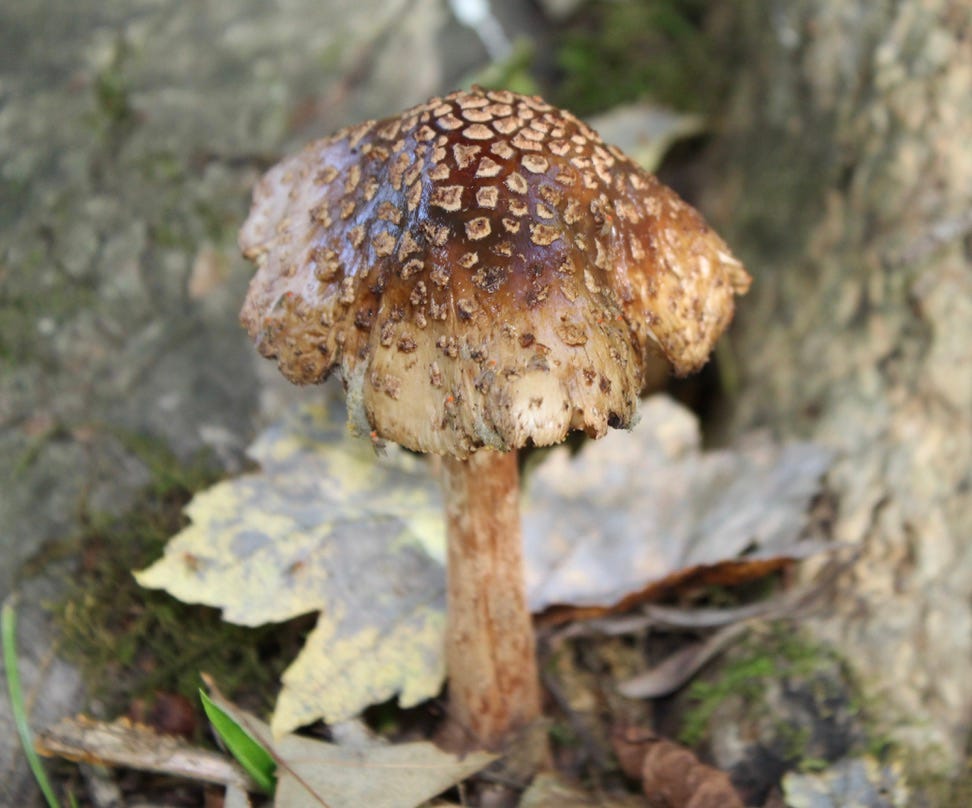One summer (I was 12 or 13) I went to the Maine State Library to take out 3-5 books each week. I would spend half an afternoon at a long table walking back and forth to the card catalogue, writing the titles and call numbers down in a notebook, getting ready to ride the elevator to the air-conditioned third floor where knobs on mechanical bookshelves could be turned, moving the stacks forward and back.
On the third floor I sat on the cold linoleum between the shelves, reading the first few pages of each novel to ensure I didn’t bring home a book I didn’t want to finish--I only had one chance per week to take books home. One week I remember carrying so many books, they toppled out of my arms. The man riding with me never offered to help pick them up; he just made me nervous with his sideway glancing. Though I was a teenager, I’m sure I looked like I was eight years old and he was probably wondering why a small child was carrying their weight in books without an adult nearby.
I would read and return these books, a revolving door of a summer vacation, stuck in rural Maine. I had read mostly story books, poetry, nonfiction, a few Judy Blume and Stephen King book up until that point. But that summer I consumed so many fiction stories--mostly coming of age stories, like the girl who got stranded on the island because her canoe drifted away and no one had paddled out with her. She had to survive six months alone until the lake froze over in mid-winter for her to try returning back home. I wanted to be her; in solitude with my thoughts, surviving on my wits.
I wanted to be like the boy whose parents, after much discussion, agreed to allow him to stay alone for a month in their NYC apartment, while he worked at a local grocery store during the day and wrote in the evenings. He was preparing to be a serious novelist when he grew up and typed out Steinbeck or Hemingway novels to understand their writing process; when his parents came home and saw the sheets of paper lying next to his typewriter, they were stunned their child could write so well and chastised themselves for doubting his abilities. He eventually had to tell them it wasn’t his writing. I wanted to be allowed my own space for my creativity to breathe and grow. That character may have felt embarrassed and frustrated that his parents jumped to conclusions, but I was envious of his freedom and creativity.
These books were my mentors that summer, showing me the possibilities that existed: you could be this, you can do this—this is possible. Reading other’s writings helped me aspire to be larger than my current self.
Nowadays, when I find a writer or a book or just a single poem that sparks something within my brain and heart, I think, as a writer: I could do the same thing—I could aspire to creating something similar, to evoking that feeling in others. A few weeks ago, I read a prose poem/essay (it defies a true genre) "Bat Facts" by Kate Horowitz and I was enamored; I wished I had written that piece. She explored bats from a biological standpoint, a mythical one, from cultural aspects and personal ones. I was filled with envy—which is a key emotion that tells me I should try to do something similar. So, I analyzed her piece and began writing a poem called “Exposure” which explores exposure therapy for anxiety, being exposed to secrets, the exposure process of photography, and exposure to the elements and wove them into a metaphor for my childhood. I never would have thought to do that without first reading Horowitz’s writing. In this sense, reading and writing are a cyclical, self-sustaining processes.
Never doubt that your writing will nurture others, as well as yourself, in ways you cannot begin to fathom. Here’s to giving our writing the esteem and importance it deserves, by acknowledging we can have a positive impact in affecting our own and others’ lives!





